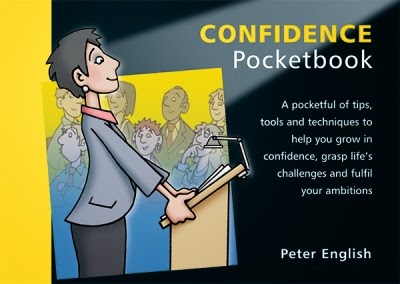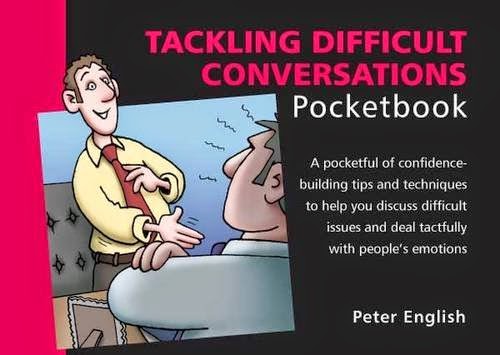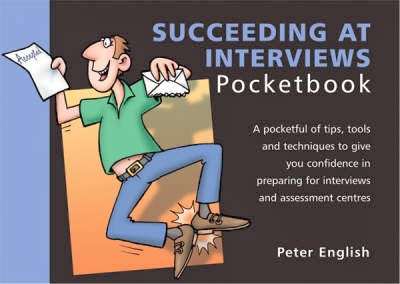- What we mean by ‘organisational politics’
- Whether you can be political without compromising your integrity
- A smart approach to politics.
What do we mean by ‘organisational
politics’?
One
definition is:
“The
ways in which personal and departmental interests are played out”
At its worst, this means sucking up to top management in order to climb
the greasy pole of career advancement. However it can also mean looking for ways to gain support for a
service development idea that you are committed to.
Can I be political without
compromising my integrity?
In
their paper 'Owl, Fox, Mule or Sheep: Political Skills for Managers', Simon
Baddeley and Kim James identify four distinct approaches to organisational politics.
If
you feel distaste for the kind of manoeuvring for personal advancement that
sometimes goes on in organisations, you may have been watching Foxes. Foxes are crafty and prefer to go about their
business unobserved. They can be seen as
game players. If
you don’t want to be a Fox, there are three alternatives:
 You
could be a Sheep and adopt a blindly trusting approach to achieving your objectives. Sheep
believe that life is fair, that top management reward effort, and that
organisations function like efficient machines. They tend to let others dictate the agenda.
You
could be a Sheep and adopt a blindly trusting approach to achieving your objectives. Sheep
believe that life is fair, that top management reward effort, and that
organisations function like efficient machines. They tend to let others dictate the agenda.  Alternatively,
you may become a Mule. This means
sticking rigidly to your goals and going about them in the most straightforward
way. Mules are single-minded - when they
encounter resistance, they just keep pushing.
Alternatively,
you may become a Mule. This means
sticking rigidly to your goals and going about them in the most straightforward
way. Mules are single-minded - when they
encounter resistance, they just keep pushing.
Finally,
you might choose to adopt the approach of an Owl. Owls are wise - they understand that
organisations are complex, and contain many competing interests - often driven
by emotions and personal agendas. Owls
keep a sense of perspective - they want to do what is right for the
organisation, and right for themselves.
How Do Owls Operate?
Owls
keep a sense of perspective. This means:
- Thinking ahead. Owls habitually look 6-12 months ahead, which gives them time to build an influencing strategy.
- Building networks. Foxes work alone, and this is one of their weaknesses. Owls cultivate their networks so they have the benefit of others’ insights and perspectives. Their extensive networks enable Owls to indirectly access people who aren’t in their immediate circle.
- Forming coalitions. Mules stamp their feet, and dig their heels in. Owls recognise that sometimes an indirect approach is needed - they work with others to find a way round obstacles.
- Keeping the bigger picture in mind. Owls don't get bogged down in lengthy arguments about relatively trivial matters. They are happy to concede small points gracefully in order to achieve an important goal - something that Mules
refuse to do.
Reference: Owl, Fox, Donkey or Sheep: political skills for managers, Baddeley S and James K, Management Education and Development, Vol.18, part 1, 1987




